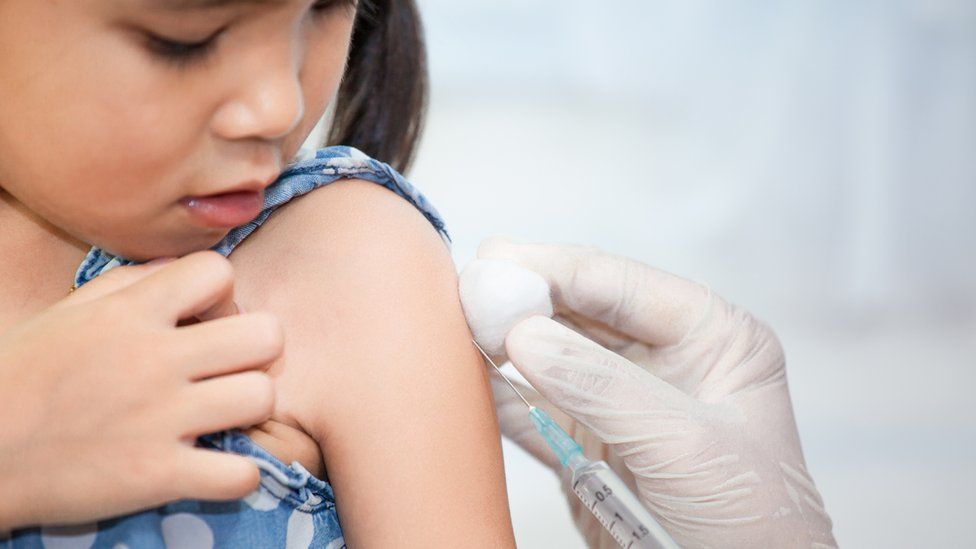None of us particularly enjoys getting a needle, do we? Not exactly a pleasant experience, but no matter the reason, it’s usually to ensure the best possible outcomes for our health and wellbeing.
While we can do our best to downplay the experience of getting a jab, it can still be daunting for our younger family members. Here are seven valuable tips to help your child overcome anxiety and negative feelings about getting a needle.
1. Explain why they are getting a needle
This is a great teaching moment for children old enough to understand why they need to get a jab. Whether it is for a blood test, vaccination or any other reason, explaining honestly and truthfully why it must be done can ease their minds and understand the process. Make sure they know that the shot is something that protects them and explain that they’re not being punished. Tell them that it might hurt for a few seconds but that it will be all over very quickly.
2. But don’t tell them too much!
Yes, this sounds like quite the opposite to tip #1, doesn’t it? If you tell your child that they are going to be getting a needle next Wednesday, they might begin to dread the appointment and escalate their concerns to the point where their anxiety will build up until the big day. Having a casual, everyday approach to getting a needle helps ease their mind like it’s no big deal.
3. Prevent physical pain
You might want to consider numbing your child’s skin prior to their appointment to prevent any discomfort at the injection site. Over-the-counter anaesthetic creams like Emla can be applied twenty minutes beforehand and work effectively to block the momentary pain of an injection. Buzzy vibration devices can also help distract the senses while getting a jab.
4. Know when to call it
If your child is getting so worked up and hysterical about the procedure, it is helpful to know when it is time to simply step aside and let the healthcare professionals take over. They have plenty of experience dealing with our littlest citizens, and once Mum is on the other side of the room they can be distracted enough to get it over and done with. Provide support by maintaining eye contact and it will be all over before they know it.
5. Immediately support them and provide pain relief if necessary
Big hugs and reassurance that they were very brave after getting a jab works wonders to console a rattled child. Rub the injection site if it’s sore and decrease any swelling by applying an ice pack for about 10 minutes if necessary. Monitor and give them children’s paracetamol or ibuprofen if your doctor advises.
6. Consider a reward
Who doesn’t want a lollipop and a sticker after being very brave and getting a needle? Even us adults expect one sometimes! An ice cream or a new colouring book is sure to go down a treat too. Remember, bribery is a time-honoured tradition, especially when it comes in the form of a Happy Meal!
7. Keep an eye out for any side effects
Ask your healthcare worker for a list of any side effects to keep an eye out for should they occur and treat them accordingly. Keep in mind that your child might be out of sorts for a few hours afterwards and give them some space to recover.
Needles are a part of life, especially post-pandemic, and learning to accept them as being a necessary key to healthcare is vital. Good luck!












